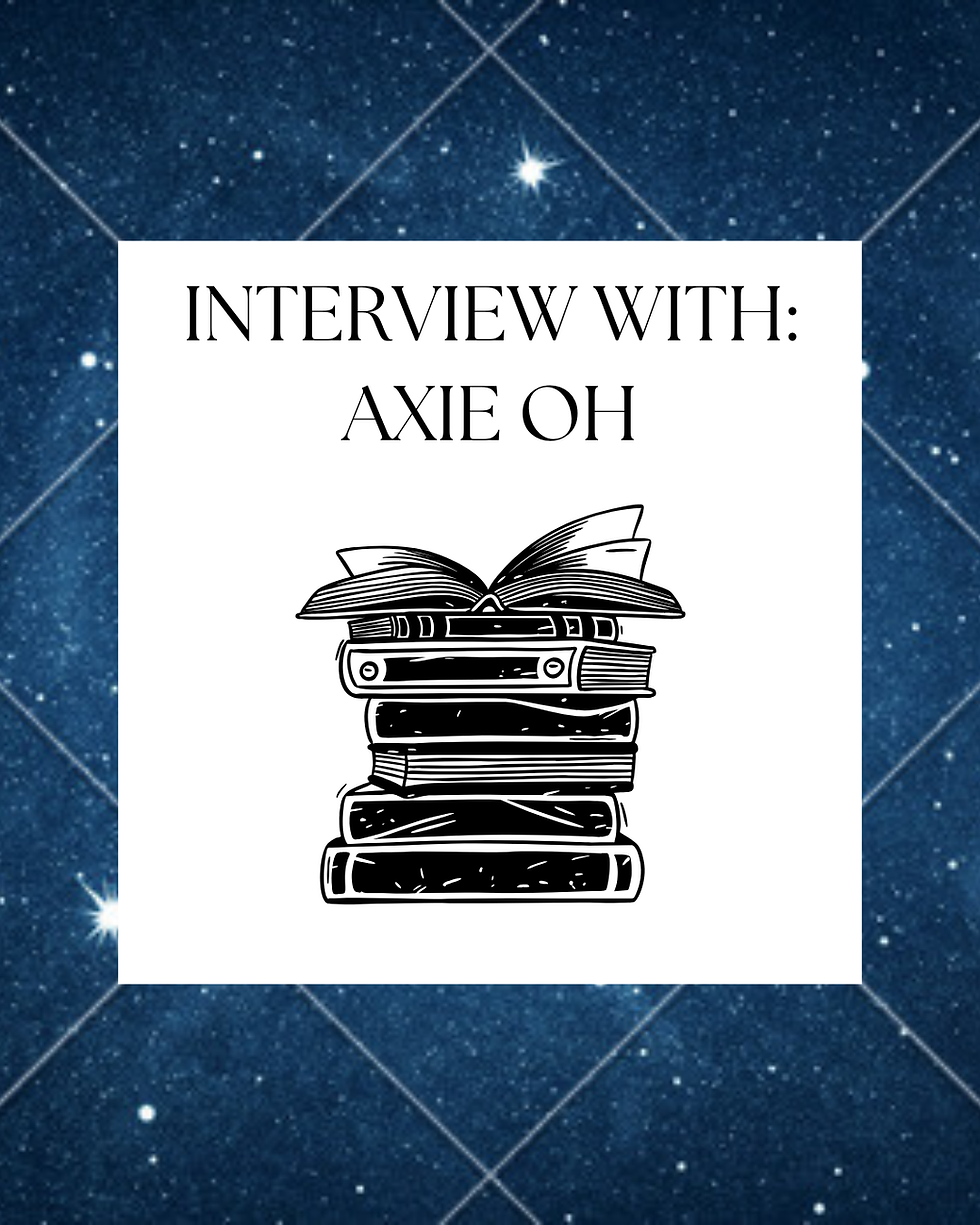Write the Story You Want to Read: An Interview with Joyce Chua
- The Publishing Post

- Nov 9, 2022
- 7 min read
By Shaniah Shields, Jia Wen Ho, Michelle Ye and Leanne Francis
Want to read more?
Subscribe to thepublishingpost.com to keep reading this exclusive post.








